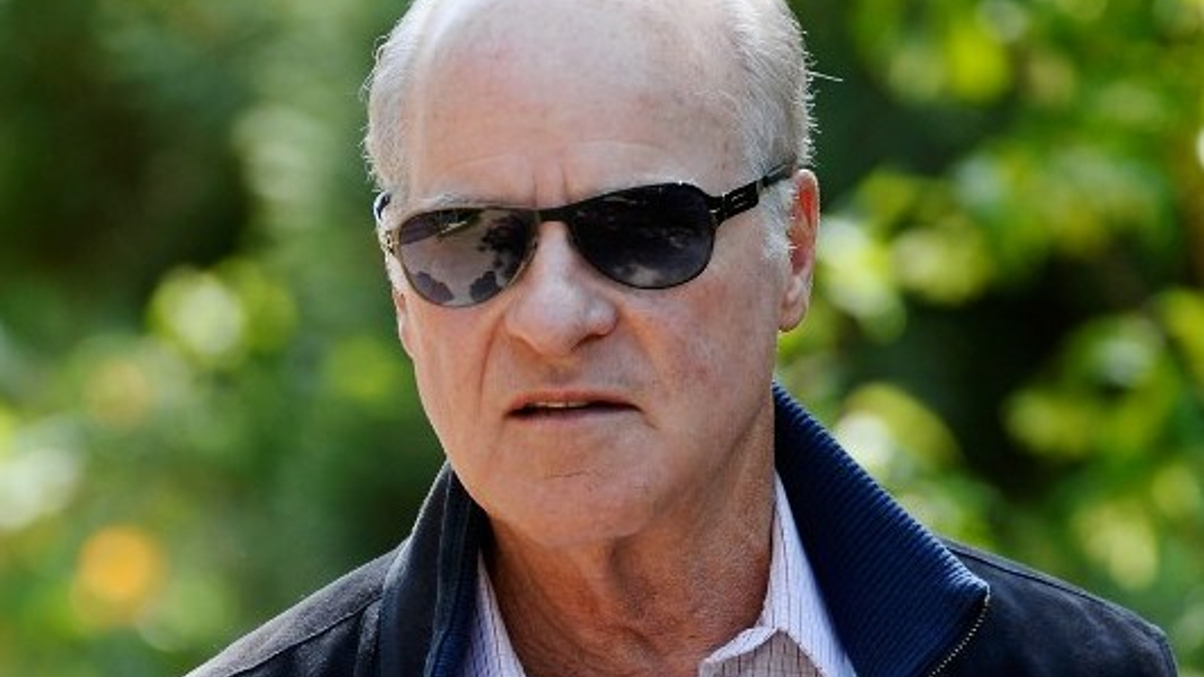KKR plans to build out credit business in Asia
The private equity giant aims to extend its private lending activities and is also eyeing property investments as it seeks opportunities for its $6 billion Asia-focused fund.

KKR is eyeing opportunities to expand its credit business in Asia amid lagging IPO markets and tightened bank lending.
Sign in to read on!
Registered users get 2 free articles in 30 days.
Subscribers have full unlimited access to AsianInvestor
Not signed up? New users get 2 free articles per month, plus a 7-day unlimited free trial.
¬ Haymarket Media Limited. All rights reserved.


